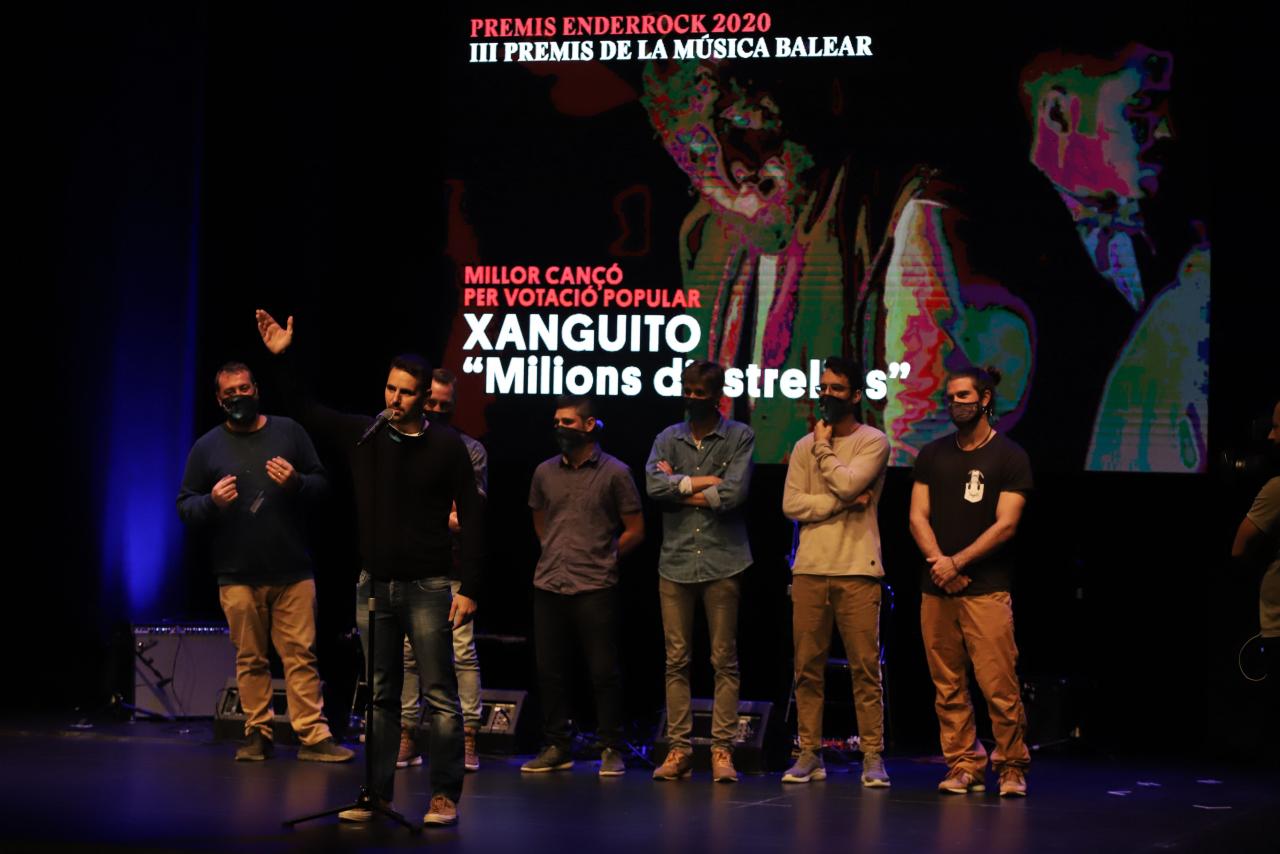The idea had first cropped up four years previously, when the director of the Aires de Muntanya, Antoni Galmés Riera, brought it up at a body known as the Tourist Assembly. Aires de Muntanya had been formed in the 1930s in response to the beatification of Catalina Thomàs. They were a folk music and folk dance group; they still are.
Three years later, in June 1963, Antoni brought the idea up again. This time it was with the executive committee of the Mallorca Tourist Board. The Mallorca International Festival of Song was soon to become a reality. The board of residents and businesses in Arenal and Can Pastilla backed this “ambitious project”, and Franco’s tourism minister, Manuel Fraga, gave it his blessing.
As Fraga’s say-so was required and as Antoni was from, shall we say, a somewhat traditional musical background, you can probably imagine that the festival wasn’t about to be headlined by long-haired British musicians observing that “girl, you really got me goin’, you got me so I don’t know what I’m doin’ “.
The festival, as it turned out, was a contest held over five nights in July. Fraga had bought into the proposal because of a promotion of Spanish music - acceptable Spanish music, which included Majorcan folk. The festival may not have gone entirely to hoped-for plan in that the winners were Frida Boccara and Luís Recatero with a song in French, “Quand Palma Chantait”. But despite this, the festival was deemed to have been of sufficient success that it ran until 1970, and along the way it produced such highlights as Los Dogers and Los Stop combining to belt out “El Turista 1,999,999”.
The festival did represent something of a landmark for popular music in Mallorca and it provided a means for artists associated with the Catalan ‘Nova Cançó’ (New Song) movement to have a voice. This was no more so the case than in 1965, when Guillem d’Efak, one of the most prominent names from this movement, took part. This was just a few days after what arguably had been a more important festival - the first Festival de la Nova Cançó.
Guillem d’Efak was one of the singers who appeared on the bill for this festival. Other acts included Los Valldemossa, as they were usually known for Spanish public consumption but were also Els Valldemossa. Parallel to this festival, EPs were produced, with one of the artists having been Joan Ramon Bonet, brother of Maria del Mar. Another singer intimately involved at that time was Miquela Lladó. In an interview with Ultima Hora in 1967, she said that she believed that the New Song had elevated “our songs” to a level that hadn’t existed previously and that they were a reaction to “so much vulgarity with music that we hear out there”.
Record production, such as with the EPs, was on the mainland, although in 1965 the first record label in Majorca was founded. Fonal aided the New Song in only a limited fashion. Catalan was very much secondary to Castellano for a label which initially specialised in kitsch songs and compilations in Spanish that were principally intended as tourist souvenirs; there were songs such as “Can Picafort”, “El Arenal”, “Cala Millor” and “Cala Mayor”. Local artists didn’t get much of a look-in, but an exception was a 1966 EP which featured Els Mallorquins. Entitled “Holidays in Majorca”, there were songs penned by a young Tomeu Nicolau, now far better known as Tomeu Penya.
Labels that were more sympathetic to New Song and to Catalan music in general were vital, as indeed were music publications, but it was to take some time for a publication to become consolidated, and that was Enderrock. Founded in Barcelona in 1993, it organises various contests, which have a rather different flavour to the one-time Majorca International Festival of Song. It also has its annual awards, and last week the Enderrock Premis de la Música Balear 2020 were handed out.
The group Xanguito, an acoustic pop outfit who mix styles such as rumba and swing, won the awards for artist of the year and for best song and best pop rock disc of the year with “Milions d’estrelles’ (Millions of Stars). And there was a lifetime achievement award for Miquela Lladó. Especially known as a member of the group Música Nostra, the Enderrock award was recognition of how things have moved on from 1967. When she spoke of the “vulgarity” of music, she didn’t mean vulgar lyrics but the poor taste and dross that characterised a good part of sixties’ music in Majorca.


No comments
To be able to write a comment, you have to be registered and logged in
Currently there are no comments.